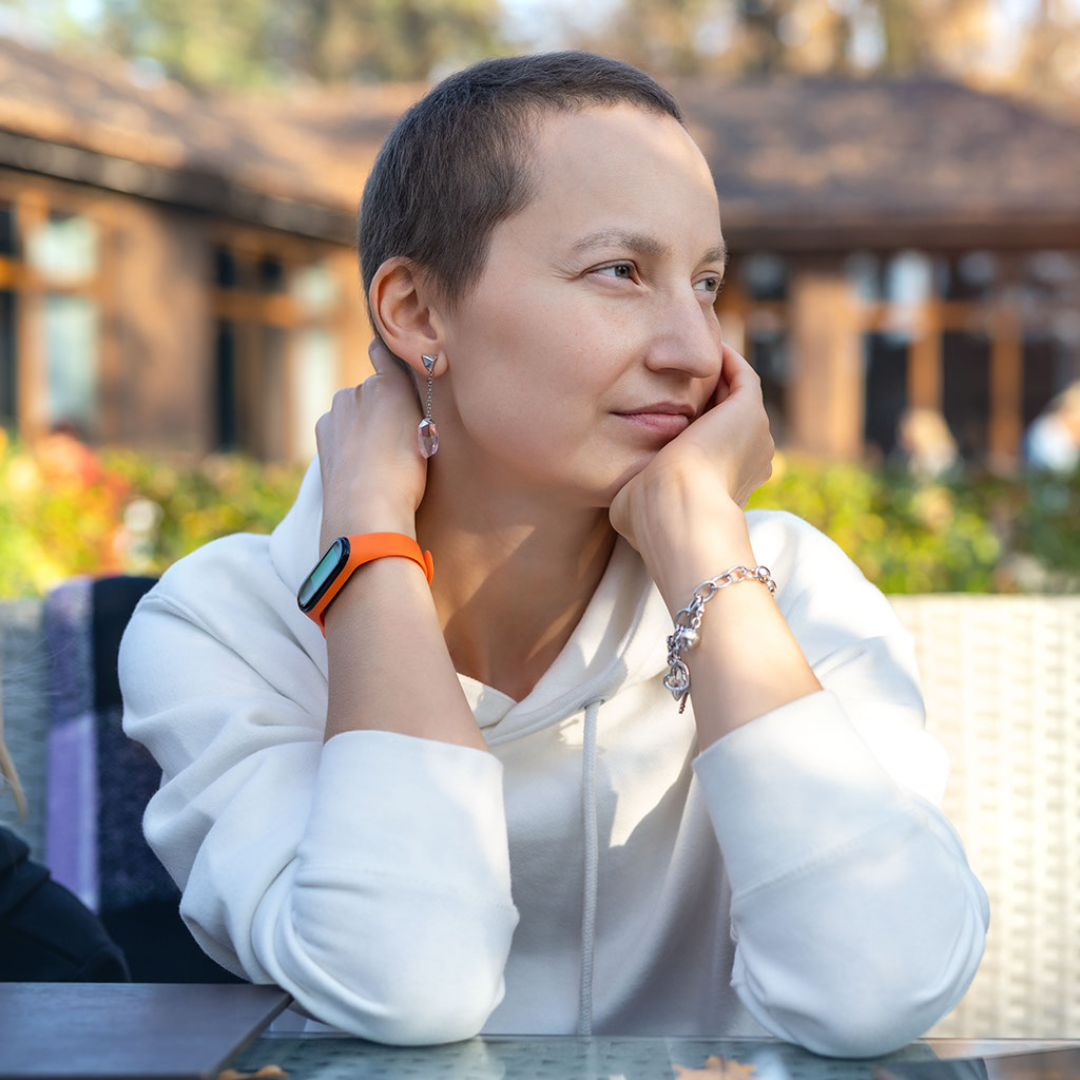HERO-Pancreas
A pancreatic cancer diagnosis leaves isolation and uncertainty in its wake. In most cases, pancreatic cancer patients go weeks between medical appointments and months between CT scans that measure disease progression. Pancreatic cancer can spread very quickly though, and when progression isn’t caught early enough it makes further treatments less effective, ultimately leading to the high mortality rate that is the calling card of this disease.
We need to understand if there are any warning signs between appointments and scans that indicate disease progression so we can do everything we can to stop this disease in its tracks.
Our answer to this problem is HERO-Pancreas: a new study taking place at Princess Margaret Cancer Centre in Toronto that involves modern, easy-to-use wearable technology that will help us detect cancer growth earlier and catch the side effects of treatment. HERO-Pancreas will help us gather real-time data from wearable technologies and a specialized app, testing their reliability and value to further our understanding of the warning signs of pancreatic cancer progression. The data generated from this project will also help on an international scale: we will use the findings to design a large international study that will develop real-time warning systems to use in clinical practice, increasing the tangible impact of this project one hundred-fold.
A Companion Trial to NeoPancONE
At Princess Margaret Cancer Centre, HERO-Pancreas is being implemented in conjunction with NeoPancONE, a Pancreatic Cancer Canada funded clinical trial.
NeoPancONE is a phase II clinical trial that focuses on neoadjuvant chemotherapy (chemo before and after surgery) while also studying a potential biomarker to understand the aggressiveness of this cancer and which patients respond best to neoadjuvant treatment.

How Does it Work?

Wearable Devices
Patients will use a collection of safe and convenient wearable devices that will gather a wide range of continuous data to send back to researchers, including heart rate, respiratory rate, body temperature, sleep data and activity levels using the Garmin Venu Sq Watch and Oura Ring 2. Other important factors like weight will be measured daily using and the Bodyport Scale.

A Specialized App
The wearable features will be used in conjunction with a specialized app that will collect voluntary information from patients about demographics, physical symptoms, and psychological well-being. The app will also allow patients to record their thoughts and experiences through text and video journaling and will serve as a reminder for patients to perform regular tests, such as a two-minute walk test, to send easily comparable information back to researchers.

Data Analysis
Once the data is collected, we will use machine learning to analyze the findings in the most efficient way possible, creating a timeline that reflects the physical and psychological experience of patients, tracking how patients respond to treatment and ultimately understanding more about the warning signs of disease progression.
Groundbreaking Global Impact
We live in an age when we can easily share information and work together across geographic boundaries to make progress that has never been possible before. The data generated from this project will be shared in a repository that promotes open science, allowing scientists around the world to access the information for use in other studies. By sharing this information with the global research community, we will learn even more about this disease, treat it better and ultimately save more lives quicker and on a larger scale.

316-4211 Yonge Street
Toronto, ON M2P 2A9
Toll Free: 1-888-726-2269
info@pancreaticcancercanada.ca
Charitable Registration Number 84870 1967 RR0001
